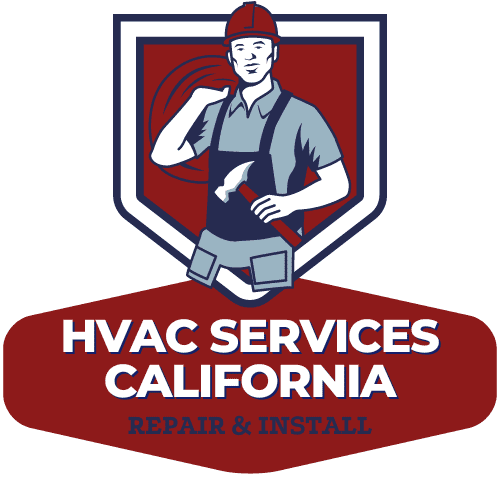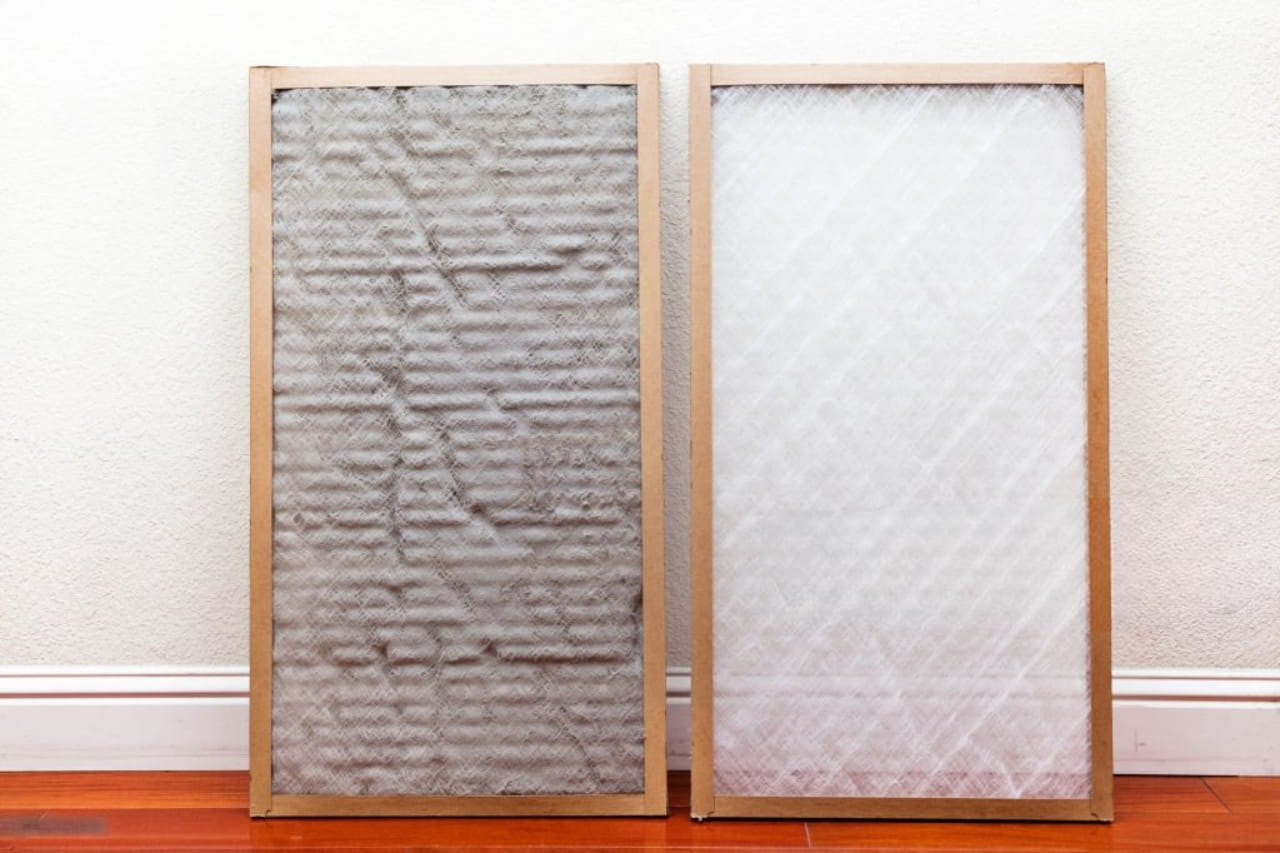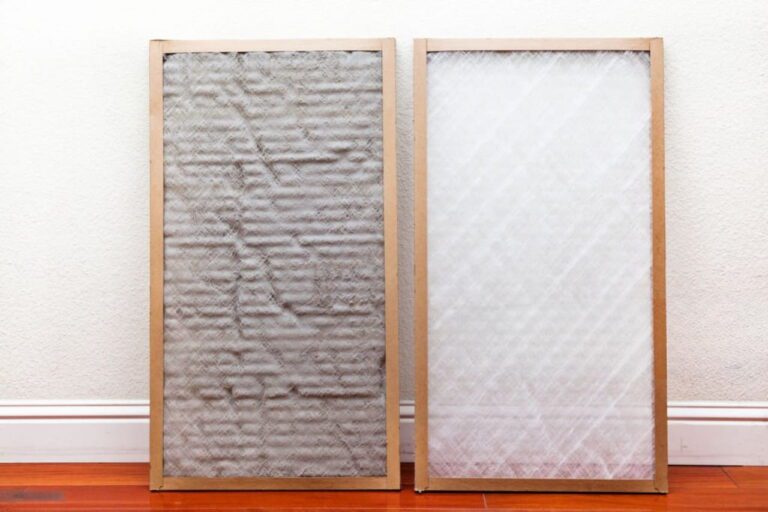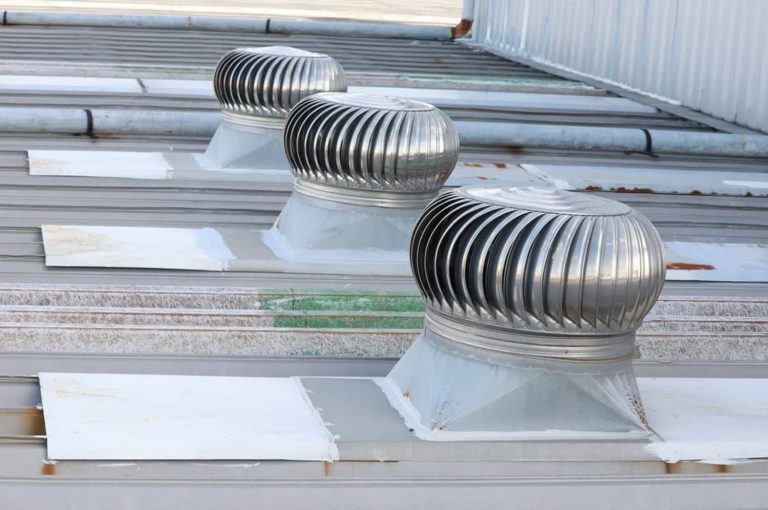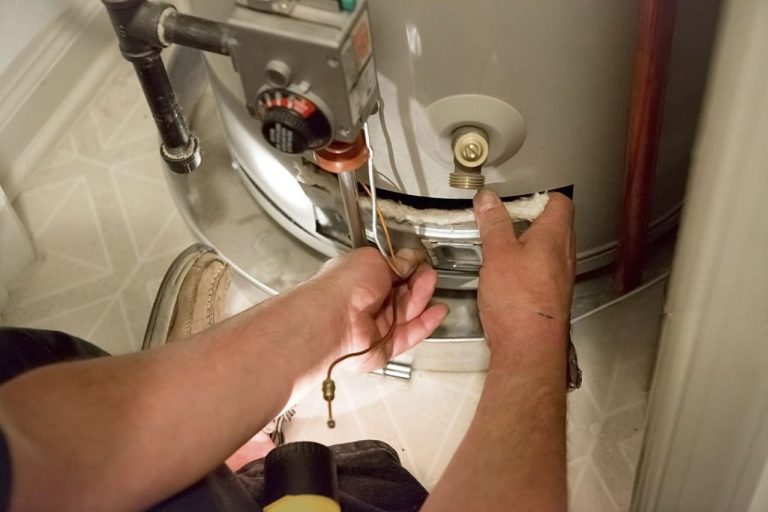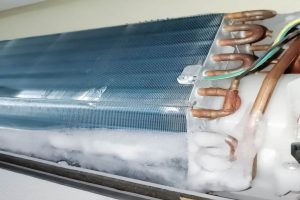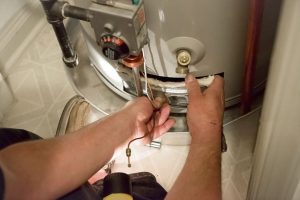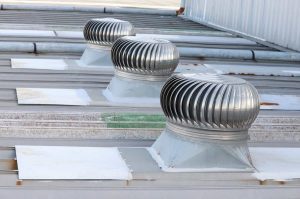When it comes to keeping your home’s heating and cooling systems running efficiently, scheduling regular air filters change is one of the simplest yet most effective steps. Clean air filters not only enhance indoor air quality but also ensure that your HVAC system performs optimally, saving you money on energy costs and preventing costly repairs. But how often should you change them, and what factors influence the timing? Let’s dive into a comprehensive guide on the ideal air filter replacement schedule.
Why Changing Air Filters Is Important For Your HVAC Systems
Improves Air Quality: Dust, allergens, and pollutants accumulate in HVAC filters over time. Changing filters regularly helps prevent these particles from recirculating in your home.
Increases System Efficiency: A clogged filter forces your system to work harder, using more energy and potentially shortening the lifespan of your unit.
Reduces Repair Costs: A well-maintained HVAC system experiences fewer breakdowns and is less likely to require costly repairs, especially during peak heating or cooling seasons.
General Guidelines for How Often to Change HVAC Air Filters
Most experts recommend changing HVAC air filters every 90 days, but this can vary. Here’s a breakdown of suggested replacement times for different situations:
Standard Homes: For average households, every 60–90 days is ideal.
Homes with Pets: If you have one or more pets, change filters every 30–60 days to manage pet hair and dander.
Allergy-Prone Households: For those with allergies or respiratory issues, a 20–45-day replacement schedule can help maintain cleaner air.
Large Homes or Multi-Story Properties: Bigger spaces often require more frequent filter changes due to higher air circulation demands.
Signs It’s Time for an Air Filters Change
Even with a set schedule, it’s important to watch for signs that indicate your filter needs to be changed sooner:
Increased Dust Around Vents: If you notice extra dust buildup, it’s likely time for a filter replacement.
Reduced Airflow: Restricted airflow can be a sign of a clogged filter, making your HVAC system less efficient.
Unusual Odors: Lingering or stale odors around the vents can be due to a dirty filter.
Higher Energy Bills: An unexpected increase in energy costs may indicate that your HVAC system is straining due to a clogged filter.
Choosing the Right Filter for Your HVAC System
HEPA Filters: Known for capturing 99.97% of particles, HEPA filters are ideal for allergy sufferers.
Pleated Filters: These offer a balance between efficiency and affordability, with a moderate MERV rating that captures common pollutants.
Electrostatic Filters: Good for removing dust and smoke, these filters use static electricity to capture airborne particles.
Reusable Filters: While convenient, they need to be washed regularly and may not be as effective as disposable options.
How to Change an Air Filter Step by Step
For those who prefer DIY maintenance, here’s a simple step-by-step guide to replacing your HVAC air filter:
Turn Off the System: Always shut down the HVAC system before replacing the filter.
Locate the Filter: Most HVAC systems place the filter near the air handler or return air duct.
Remove the Old Filter: Carefully pull out the old filter, avoiding any dust spillage.
Insert the New Filter: Insert the replacement filter according to the directional arrows marked on the frame.
Turn the System Back On: Once the filter is securely in place, restart your HVAC system.
Setting Reminders for Regular Air Filters Change
Forgetting to change air filters is common. Here are some ways to stay on track:
Set Calendar Alerts: Schedule recurring reminders on your smartphone for every 30, 60, or 90 days.
Use Subscription Services: Some retailers offer filter subscription services, delivering filters to your door based on your replacement schedule.
Install a Smart Thermostat: Many smart thermostats track filter usage and will alert you when it’s time for an air filters change.
Maintaining a consistent schedule for air filters change is key to preserving the efficiency of your heating and cooling systems and ensuring a healthier home environment. By understanding the right timing and using the best type of filter for your needs, you can avoid costly repairs, lower your energy bills, and breathe cleaner air year-round.
